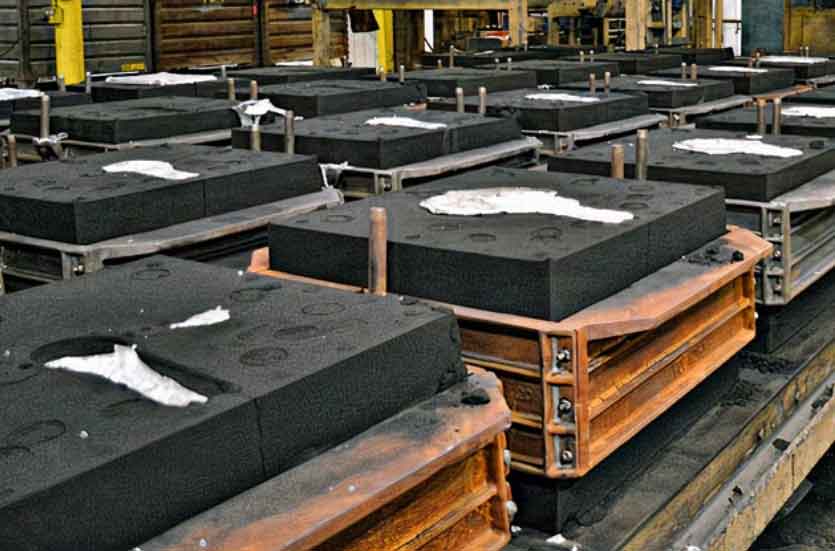
Resin sand casting is indeed considered a sustainable solution for modern foundries due to several environmentally friendly aspects of the process. As sustainability becomes a key focus in various industries, including manufacturing, resin sand casting offers several advantages that align with these goals:
1. Reduced Waste Generation:
- Resin sand casting allows for the reclamation and recycling of sand used in the process. By reusing sand, the amount of waste generated is significantly reduced, leading to less material consumption and lower disposal costs.
2. Lower Emissions:
- Compared to some other casting methods, resin sand casting produces fewer emissions during the casting process. This is especially true when compared to traditional green sand casting, which requires the combustion of coal or coke for mold bonding.
3. Eco-Friendly Binders:
- Resin sand casting utilizes organic resin binders that are considered more environmentally friendly than other binders, such as clay or chemical binders. These organic binders are often biodegradable and have lower environmental impact.
4. Energy Efficiency:
- Resin sand casting requires less energy compared to some other casting methods, such as die casting, which involves heating metals to higher temperatures. Lower energy consumption contributes to reduced carbon footprint and operating costs.
5. Reduced Water Usage:
- The resin sand casting process typically requires less water compared to other casting methods like green sand casting, which relies on the use of water to bind the sand. This reduction in water usage contributes to water conservation efforts.
6. Flexibility and Material Optimization:
- Resin sand casting offers flexibility in material selection, allowing foundries to use recycled or reclaimed materials in the process. This reduces the demand for virgin raw materials and promotes sustainable resource management.
7. Lower Carbon Footprint:
- Due to its eco-friendly characteristics and reduced waste generation, resin sand casting has a lower carbon footprint compared to many other casting methods, making it an attractive option for environmentally conscious industries.
8. Environmental Compliance:
- Using resin binders in sand casting can help foundries comply with stringent environmental regulations and reduce their environmental impact, which is increasingly important for maintaining a sustainable business.
Resin sand casting provides several sustainable advantages for modern foundries by reducing waste, emissions, and energy consumption. By adopting this process, foundries can align themselves with the growing focus on sustainability, reduce their environmental footprint, and contribute to a greener future. As a result, resin sand casting is becoming an increasingly popular choice in the manufacturing industry, especially for applications where sustainability and environmental responsibility are essential considerations.
